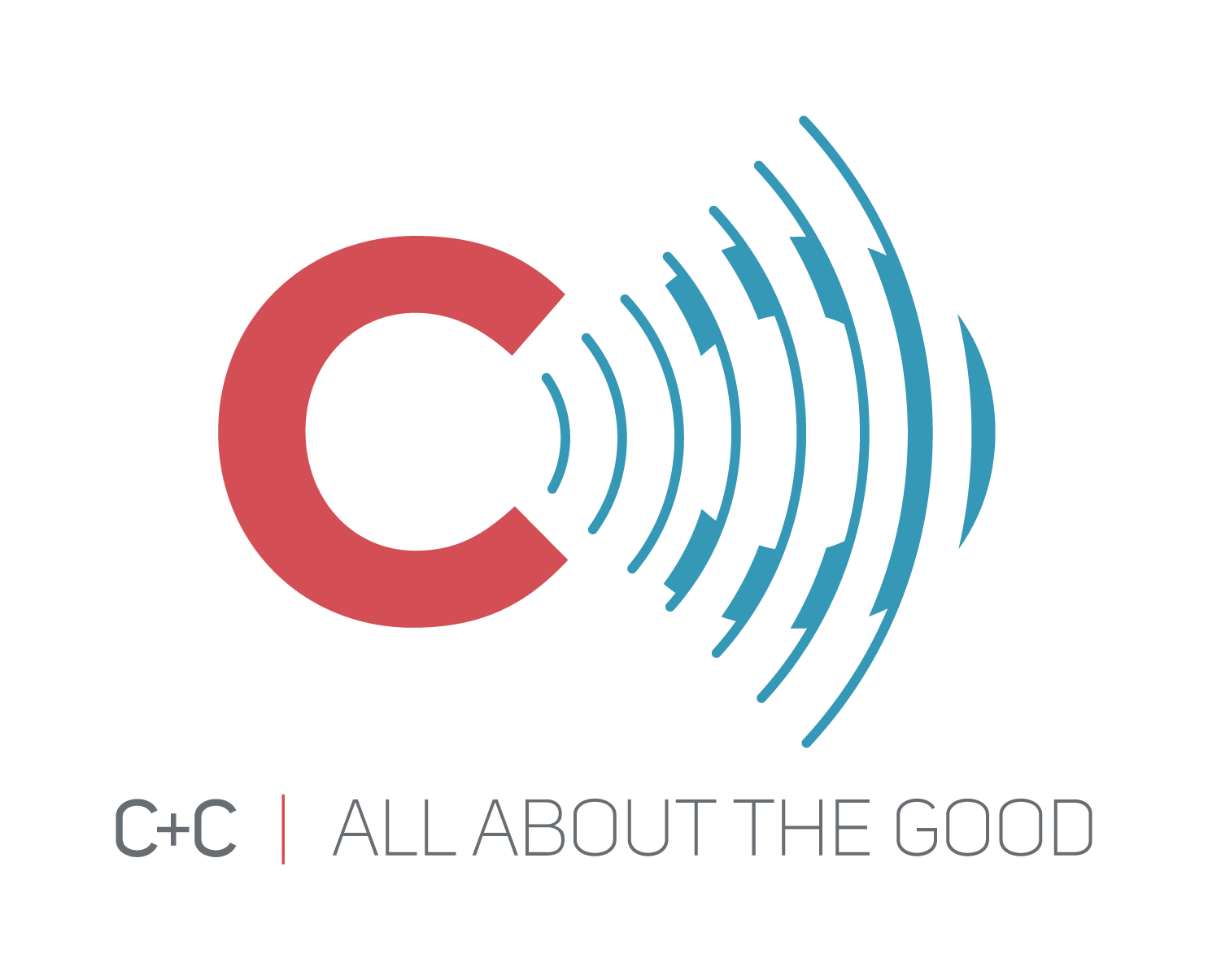Registration is officially closed.
We look forward to seeing you at this year's conference!
Over a dozen social marketing experts from across the Pacific Northwest will speak on behavior change related to some of the most urgent issues we face, including public health, injury prevention, environmental health and protection, and community well-being.
New this year: Mentorship Hosted Luncheon Roundtables (dine and discuss social marketing topics with one of our brilliant mentors)
The second day (which is optional to attend) includes in-depth intermediate and advanced level training on social marketing strategies used to tackle these issues.
This event spans two days; however, the second day is optional. Anyone can attend Day 1, Day 2, or both days. Tickets for both days are sold individually.
- Day 1: Monday, December 10, 2018 9am—4pm
- Day 2: Tuesday, December 11, 2018 10am—4pm
Cost to attend the event:
Day 1: General Admission: $195*
Day 1: PNSMA Member Admission: $135
Day 1: Optional Mentorship Hosted Luncheon Roundtable: $10
Day 2: General Admission: $150
* If you are not currently a PNSMA member, but would like to join, if you pay for your 2018 membership ($35, which includes membership to iSMA and SMANA - starting Jan. 1st 2019) now, you can attend the conference at the member rate. Become a PNSMA member today by clicking here.
** Cancellation policy: cancellations will be accepted and full refunds will be provided until November 30th. Please notify us at info@pnsma.org if you would like to cancel.**
_______________________________________________________
SPARKS is made possible by our sponsors
Gold Sponsors



Silver Sponsors
DH, a public relations, advertising and branding agency that builds multi-disciplinary programs that communicate complex ideas in simple, compelling ways, Hardwick Research, a full service market research consulting firm that works to unpack customers' pain points and align your vision with their needs & Rescue Agency, a behavior change marketing company focused on tackling public health issues in both youth and adult populations, stimulating behavior change through knowledge, policy, and culture.
